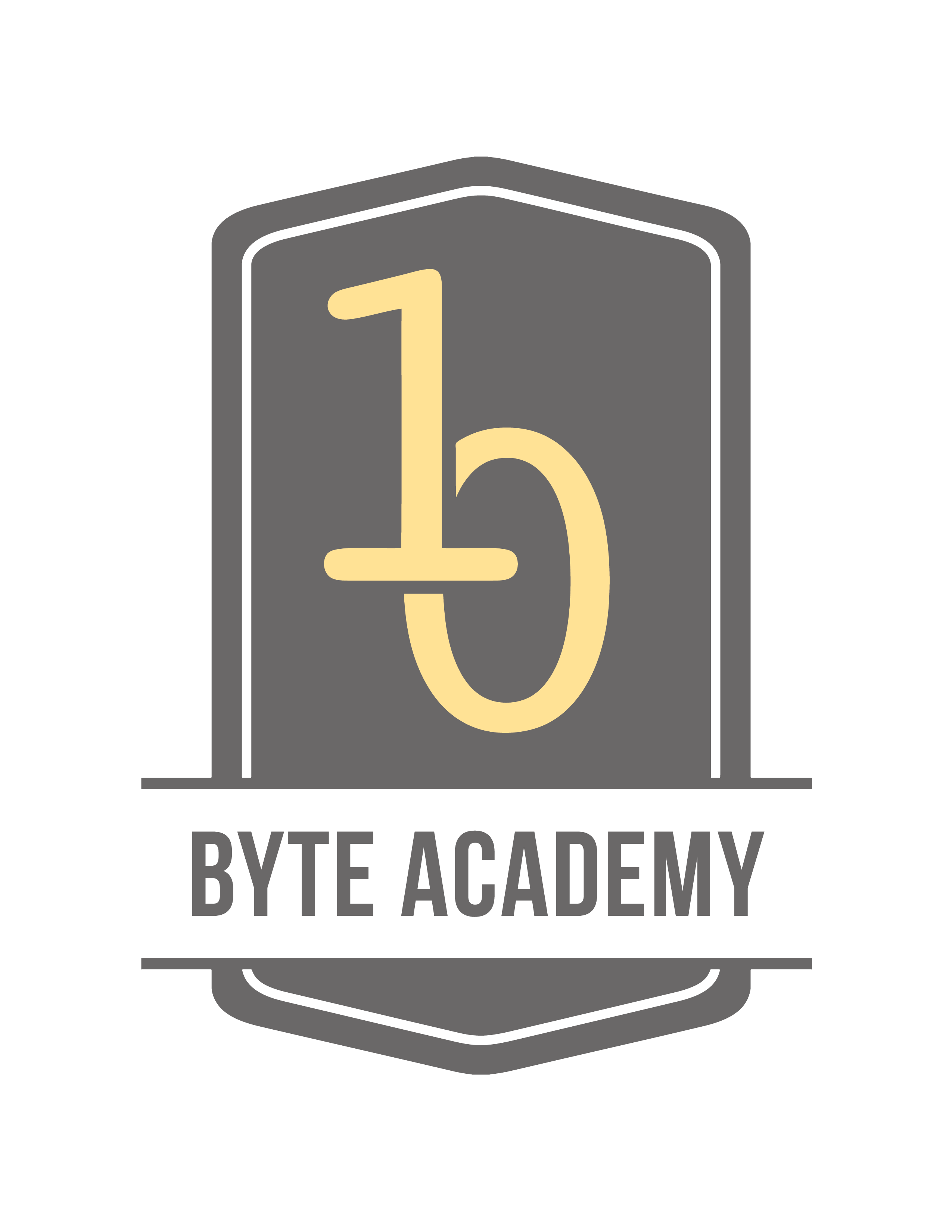We are excited to have Elena Beloff, top rated New York Post and ABC Good Morning America corporate wellness coach (and hypnotist) team up with Byte's Wellness Program for a meditation session and intro to hypnosis on on the first day of October.
Given that our coding school is indeed a "bootcamp" we want to reduce potential stress over a long period of time and its side effects: heart disease, high blood pressure, weakened immune functions, impaired cognitive performance, and more. Especially considering the fast pace of technology, we want our community to take a few slow, deep breaths...
Since Elena won't be here for a few weeks, she has shared some of her favorite techniques to enjoy over the long weekend. Here are her five top self-hypnosis relaxation techniques in order to reduce stress and increase cognitive performance:
1. Peripheral Vision. Choose a point of focus, begin to gaze at the spot in front of you and wait a few minutes without moving muscles. Slowly begin to expand your peripheral vision and become aware of everything else around you while gazing at the same spot.
2. Eye Catalepsy. Close your eyes and imagine as if they are glued together. Try hard to open them, pretending that they are glued together. Do it three times and stay relaxed for a few minutes.
3. Deep Breathing. Take a long and deep breath in and out. As you exhale slowly, say to yourself silently “Relax.” Push all thoughts away into the distance and let your focus outward.
4. Vipassana Based Meditation. Sit comfortably. Begin to scan your body mentally from the top of your head down to the tips of your toes. Spend about ten minutes as you scan from up and down and then ten minutes back up.
5. Counting Backwards. Close your eyes and visualize numbers from 200 going down backwards slowly. Count down silently and say the words “deeper relaxed” after each number. “200 deeper relaxed...199 deeper relaxed...” After about 20 or 30 counts down let the numbers s l o w l y d i s a p p e a r . . .
Elena says: With these techniques you can elicit a relaxation response: a psychological reaction, characterized by reduced blood pressure, metabolism, heart and breathing rate, which is the opposite of fight-or-flight response. It has been estimated that 75 – 90% of all visits to primary care physicians are for stress related problems.
Liked what you read? Checkout Byte Academy's Software Development and Intro to Python courses.


